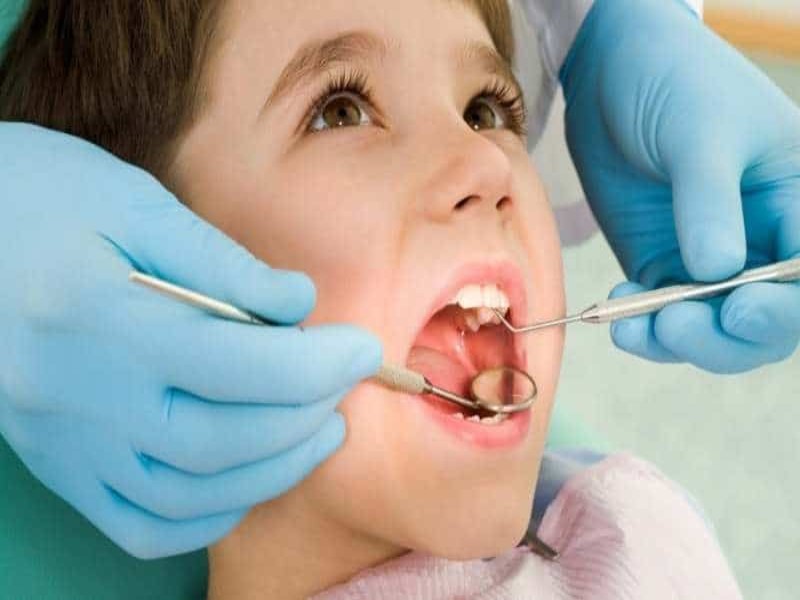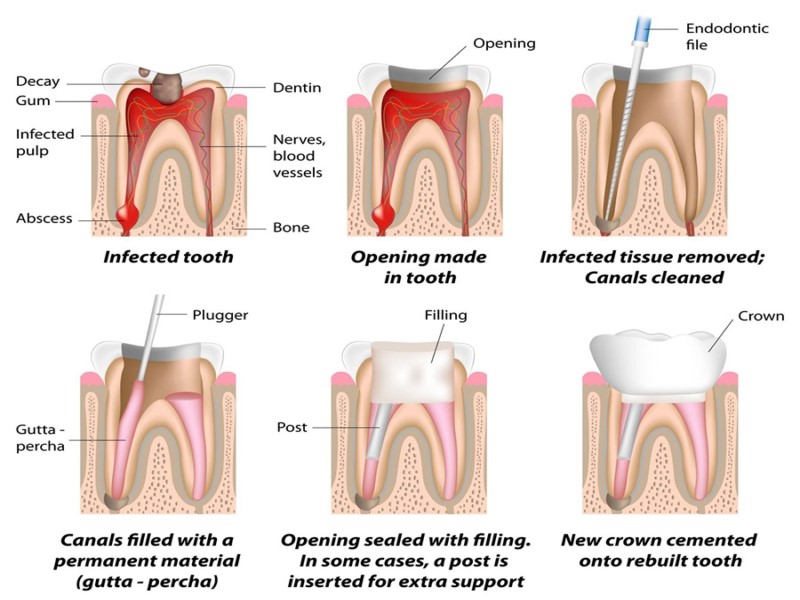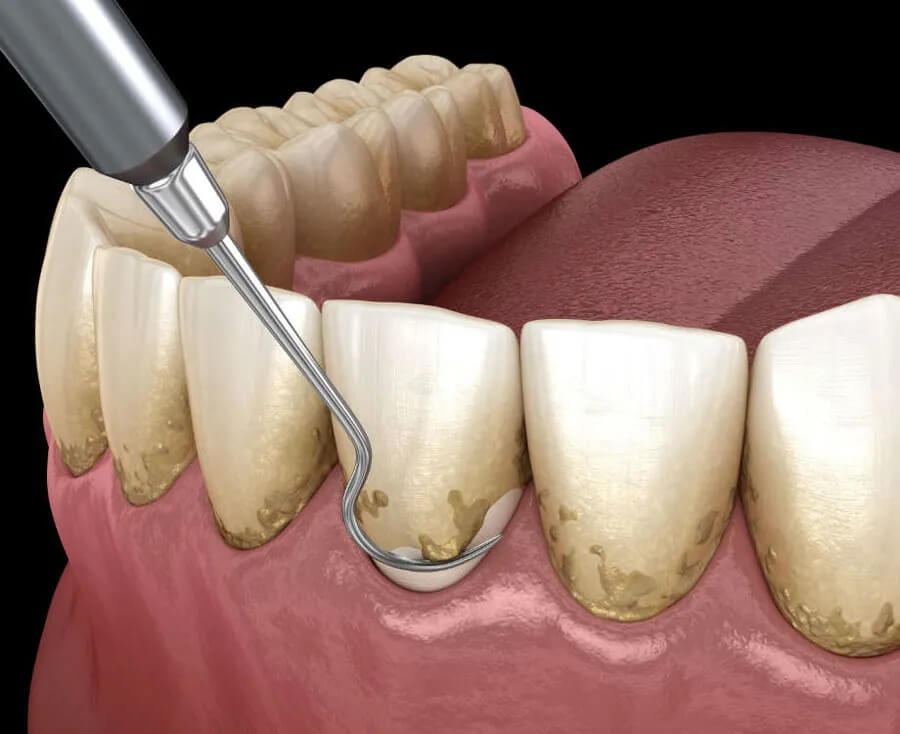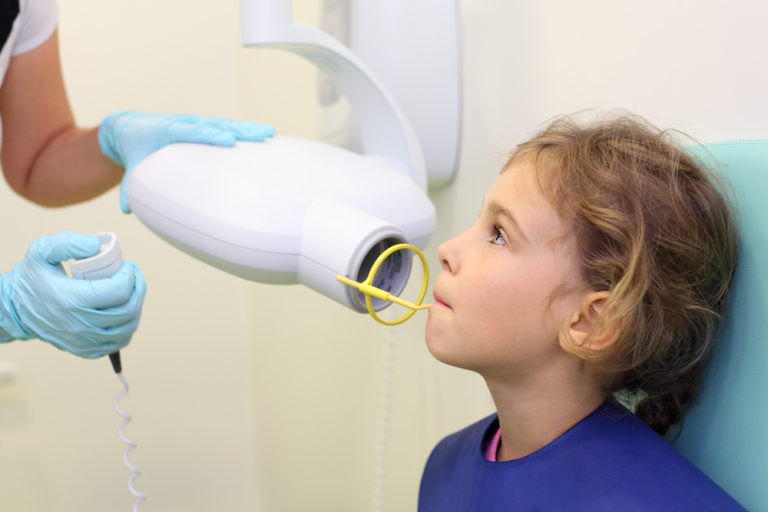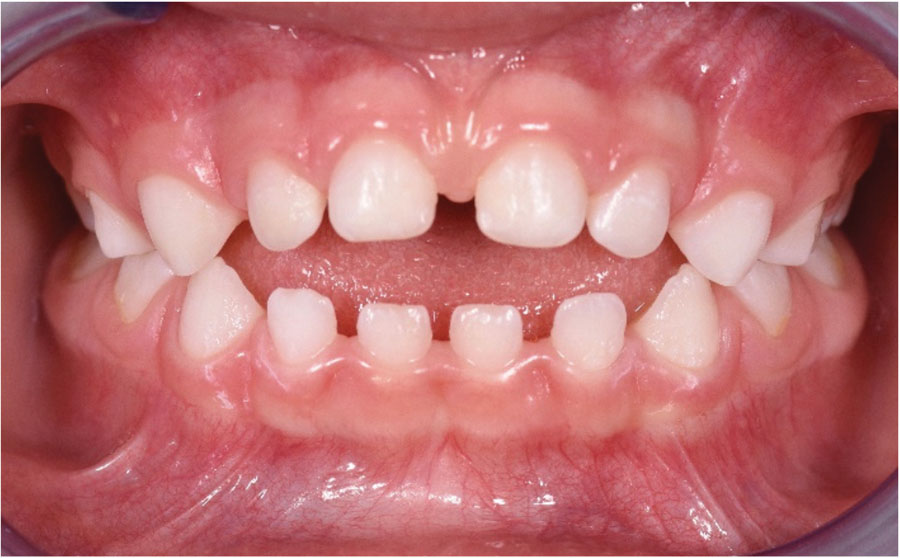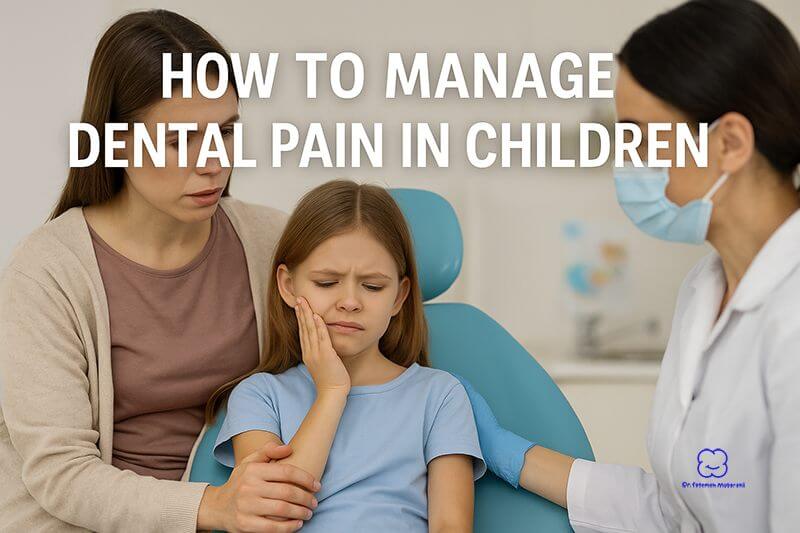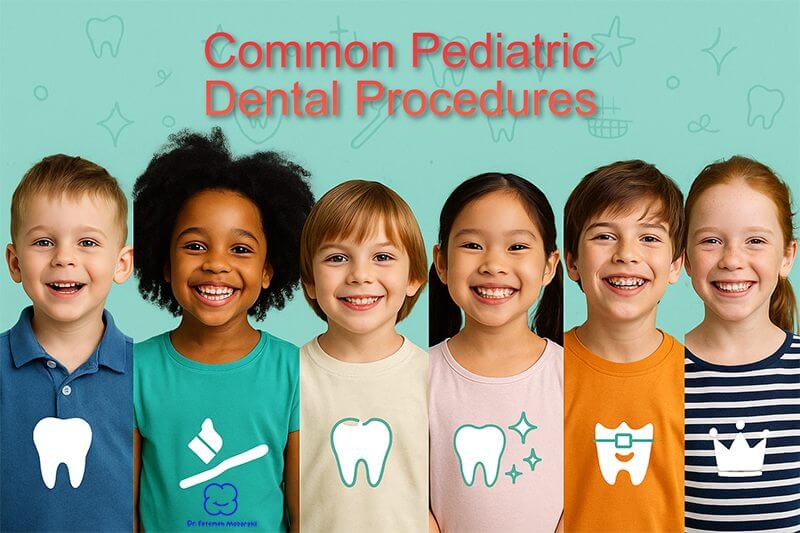Root Canal Treatment on the Baby Tooth
Root canal treatment on the baby tooth is a critical procedure that helps maintain the tooth, alleviate discomfort, and restore its proper functioning. Timely treatment can avoid further possible complications such as abscesses, face swelling, destruction of permanent teeth, and bone infection. Hence, root canal treatment is the optimal solution to combat such problems and protect the patient. We’ll discuss the importance, essentiality, and process of canal treatment in this article.
What Is Root Canal Treatment on the Baby Tooth
Root canal treatment, or pulpectomy, is a dental procedure utilized to address infected or damaged pulp tissue within the innermost layer of a baby tooth. Containing vital nerves, blood vessels, and connective tissue, if left unchecked, the decay or trauma that has afflicted the baby tooth could lead to infection within the pulp and result in pain and even harm to the emergence of the permanent tooth.
Dentists seek to combat this issue by surgically removing the infected pulp, and scrupulously cleaning the root canals of the tooth, before filling and sealing the canals with an appropriate material. This helps to prevent the recurrence of infection and maintains the tooth until the new permanent tooth erupts. In certain cases, a crown may be placed atop the tooth for further protection and durability.
The Importance of Root Canal Treatment
Root canal issues on the baby’s teeth should not be left unfixed as it can lead to major problems on the permanent teeth. The reasons behind the essentiality of root canal treatment on the baby tooth are explained here:
Preservation of the Tooth
The preservation of the tooth can be essential for the proper growth, development, and health of a child. Baby teeth are the placeholders for permanent teeth, and, if infected or damaged, extraction may be necessary.
Root canal treatment, however, provides a way to preserve the baby tooth and ensure its proper placement until the permanent tooth is ready to come in. This will help to prevent misalignment and overcrowding and preserve the integrity of the jawbone.
Prevention of Pain and Discomfort
Root canal treatment can help to alleviate painful and uncomfortable symptoms associated with an infected or damaged baby tooth. The removal of the infected pulp can turn a source of significant discomfort into one free of pain, allowing the child to function normally.
Prevention of Dental Complications
To prevent possible complications, it is essential to receive proper dental care when an infected baby tooth is present. Complications such as abscesses, facial swelling (cellulitis), harming of permanent teeth, and even bone infection can arise if not treated in time. Root canal treatment is generally the go-to choice in such scenarios, as it eliminates the infection and curbs any further potential troubles.
When A Root Canal Treatment on the Baby Tooth Is Necessary
A root canal treatment on the baby tooth is an essential procedure when the pulp of a tooth becomes injured or infected. No matter the cause, the result is inflammation and infection, which spreads swiftly unless a root canal is performed. Root canal treatment is necessary when the following issues occur:
- Tooth decay, when left untreated, can quickly penetrate the pulp and lead to infection.
- Similarly, dental trauma, such as a crack or fracture, can cause serious harm to the pulp which requires a root canal.
- Tooth abscesses, which are pockets of pus at the tooth’s root, can be effectively treated with a root canal when the procedure is completed before the infection spreads.
- Additionally, if a dental filling fails or deteriorates, infection may occur, and a root canal may be necessary to save the tooth and restore oral health.
- In some cases, pulpitis, an inflammation of the pulp due to various causes may also require a root canal. If pain from this condition is severe, a root canal may be needed to alleviate discomfort and begin treating the underlying issue.
- Lastly, if a tooth is highly sensitive to temperatures like hot and cold for extended periods, a root canal may be essential to treat the condition and protect the tooth.
The procedure of root Canal Treatment on the baby tooth
Root canal treatment on the baby tooth is a complex process that requires specialized skills and care. It is commonly performed on permanent teeth, but can also be used to treat severe decay or infection in baby teeth. Here is a step-by-step guide to the process:
- To begin, the dentist will assess the baby’s tooth through consultation, taking X-rays, if necessary, to gauge the extent of the decay or infection. During this time, they will discuss any alternatives and the risks associated with the procedure.
- Next, anesthesia is administered to numb the area around the affected tooth, ensuring comfort during the procedure.
- A dental dam is then placed around the tooth, sealing it off from the rest of the mouth to provide a sterile environment.
- The dentist then uses a dental drill to access the pulp chamber and root canals of the baby tooth.
- Working with specialized tools, the infected or decayed pulp is removed from the pulp chamber and root canals.
- In some cases, the dentist might add medication and further cleaning to the canals to help fight any remaining infection and promote healing.
- Once the canals are prepared, the gutta-percha material is used to seal off the canals and prevent bacteria from entering.
- A temporary filling is used to protect the tooth until a permanent restoration can be put in place.
- Throughout multiple appointments, the healing progress of the tooth is assessed, allowing the dentist to gauge the stability and success of treatment.
- Last, a permanent restoration is placed, combining a filling or crown to restore the appearance, function, and strength of the baby tooth.
Conclusion
Root canal treatment on the baby tooth is fundamental for generating a positive outcome such as saving the natural tooth and deterring further dental difficulties for the child. It is indispensable to seek the advice of an experienced pediatric dentist who is knowledgeable in children’s dental care to decide the obligatory step to take for ensuring the successful optimum dental health of your child. Appropriate attention and care can ensure that the baby tooth can be renewed to its former vigor and function, permitting proper development of speaking, gnawing, and whole health.

